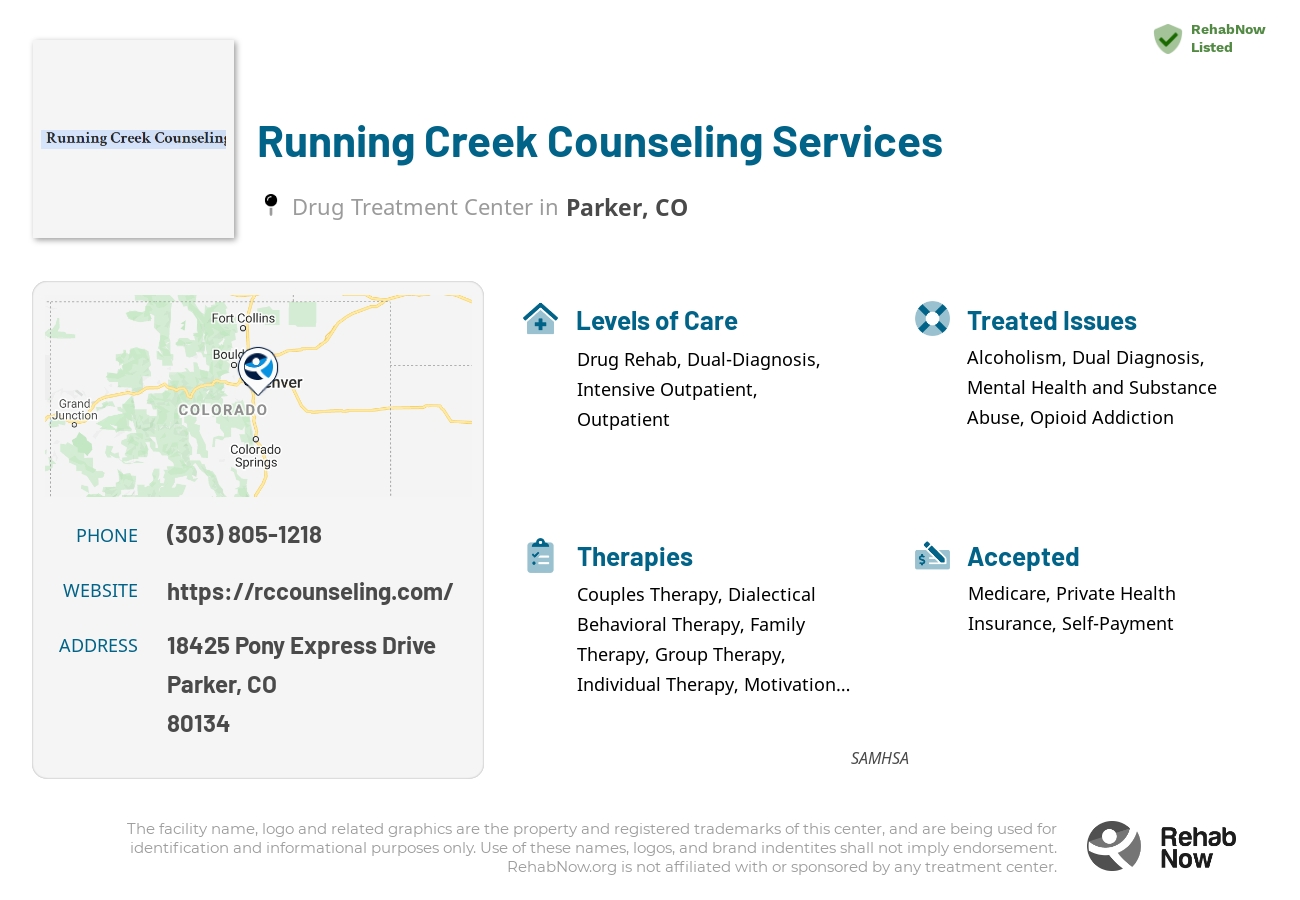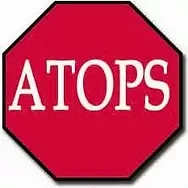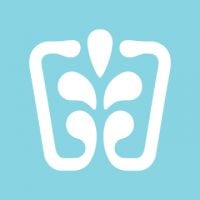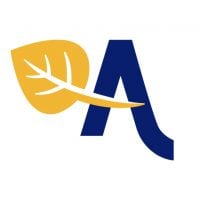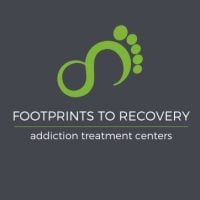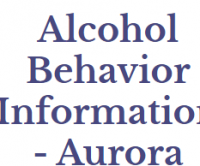Running Creek Counseling Services
Drug Rehab Center in Parker, Colorado
Running Creek Counseling Services is a drug and alcohol rehabilitation center in Parker, Colorado, offering personalized and comprehensive treatment programs for individuals struggling with addiction, including couples therapy, DBT, family therapy, group therapy, individual therapy, motivational interviewing, CBT, and REBT.
About Running Creek Counseling Services in Colorado
Running Creek Counseling Services in Parker, Colorado is a dedicated addiction treatment facility offering comprehensive and effective care for individuals suffering from substance use disorder and mental health issues. Their specialized programs provide tailored treatment plans and services to treat a range of issues including alcoholism, drug addiction, opioid addiction, dual diagnosis, and mental health issues. They strive to create a safe and nurturing environment to promote healing and recovery.
Running Creek Counseling Services provides both inpatient and outpatient levels of care to ensure individualized and comprehensive treatment plans for each patient. Their drug rehab program includes individual and family counseling, behavioral therapy, holistic care, pharmacological therapy, and other personalized treatment options. In addition, they are accredited by SAMHSA, a nationally recognized organization, and accept most major private health insurance plans to provide access and affordability of treatment.
Genders
Ages
Modality
Additional
Accreditations
SAMHSA
Conditions and Issues Treated
Opioid addiction has become a significant health problem in the United States. In 2015, there were 91 opioid overdose-related deaths per day, with a substantial increase in mortality rate in 2014.
When opioid addiction has reached a point where a person’s life becomes unmanageable, treatment options are available to help them get sober. Treatment that includes medical care with medications and counseling can help a user transition into sobriety.
When someone in struggles with both addiction and mental or emotional illness, this is considered a dual diagnosis. Dual diagnosis treatment can include therapy for these issues to happen simultaneously, which will allow either of them to be treated effectively.
Sometimes people who have suffered from addiction disorder also suffer from co-occurring disorders such as depression, anxiety, bipolar disorder, etc., making them “dual diagnoses.” Dual diagnoses require specialized treatment programs where drug and alcohol addiction are addressed along with psychiatric illnesses. Some rehabilitation facilities provide patients suffering from cooccurrences a program with highly integrated services and a clean environment with few distractions to help them succeed.
Levels of Care Offered
This center offers a variety of custom treatment tailored to individual recovery. Currently available are Drug Rehab, Dual-Diagnosis, Intensive Outpatient, Outpatient, with additional therapies available as listed below.
The Intensive Outpatient Program offered by Running Creek Counseling Services is designed for those who need intensive care but would rather get it in the comfort of their own home. The treatment programs vary in duration and intensity and can be tailored to suit the patient’s needs. The program includes regular visits to the facility, though the overnight stay is not needed. IOP is suitable for patients who have been treated in residential treatment programs and are in the transition phase. It helps the patient live at home and discharge some work or school responsibilities even while undergoing treatment. The patients gradually get back to their routine life with the support of a friend or family member.
Outpatient treatment is often used for drug addicts in drug rehab. Outpatient treatment consists of counseling and therapy sessions. This form of treatment is also called ‘day-treatment’. The outpatient treatment process begins with the addict’s initial detox period, lasting about ten days.
Outpatient treatment is used for those who are at moderate risk for ‘slipping back’ into the addiction, for those who:
- Are not currently experiencing any side effects from withdrawal and can handle social pressure
- Can handle stressors that might trigger relapse
- Have a stable living environment or have moved out of their previous environment, which was not conducive to being sober
- Have a support system that allows them to go to a facility a few times a week while still keeping their current responsibilities
- Have no legal obligations, being either on parole or probation, that require them to seek treatment at a mandatory facility
- Are not currently experiencing any side effects from withdrawal and can handle social pressure
- Have a stable living environment or have moved out of their previous environment, which was not conducive to being sober
Therapies & Programs
Because no single treatment is effective for all addicts, the goal of treatment and therapy should be to figure out what works best for each individual. Tolerance and withdrawal levels differ from person to person, affecting the treatment intensity required. Addiction treatment should aim to help addicts develop healthy coping mechanisms for dealing with their addiction and its underlying causes.
Couples therapy works with clients and significant others in a professional capacity to improve relationship dynamics. This can be helpful for addicts who are trying to marry the idea of recovery into their work, family, social lives – any aspect that has to do with relationships. Through counseling sessions, addicts will have an opportunity to talk about their addiction with professional partners.
Family therapy is beneficial for people who are in addiction treatment services because it offers addicts the opportunity to work with their family members to better understand what led them to make choices that contributed to their addiction.
This type of therapy helps family members reach a deeper understanding of how they can best support their loved one during recovery. It also helps the addict better understand their own motivations and triggers that led them to turn to substance abuse.
Family therapy can help addicts in the following ways:
- Assists family members in processing difficult feelings so they don’t blame or resent recovering addicts
- Assists family members in understanding how addiction has impacted the addict and everyone who is involved with them
- Allows the addict to take responsibility for their actions, while encouraging improved communication skills
- Helps family members understand how to best support an individual in recovery so addicts don’t relapse again.
Group therapy can help build a stronger support system and give addicts in Parker, CO insight into their addiction that they gain through shared conversations. Group therapy occurs in a controlled group environment, exclusive of one on one meetings. This makes it safer for patients to feel comfortable sharing the struggles they’re going through and gaining perspective.
Trauma therapy is beneficial for people who are recovering from drug addiction because it helps them heal from past traumas that may have caused them to turn to harmful substances or led them to experience negative emotions that contributed to their destructive behaviors.
This type of treatment works by processing difficult experiences so individuals can learn how to process these events without having to turn to substances for coping.
Trauma therapy can help addicts in the following ways:
- Helps individuals understand their experiences and emotional responses to difficult events, including why they turned to drugs or alcohol
- Provides them with comfort and support while working through difficult emotions related to these traumatic experiences
- Offers an opportunity for addicts to have a voice and be heard, which can improve their self-esteem
- Can help them develop coping skills so they can better respond to triggers instead of turning to substance abuse.
Dialectical Behavior Therapy (DBT) is a cognitive-behavioral therapy that helps patients understand the relationship between their thoughts, feelings, and behaviors. It is beneficial for those whose addictions and behaviors stem from severe mental health issues. The term “Dialectic” means the integration of opposites. In substance abuse, DBT refers to accepting the patient’s addiction and working to change their thoughts and behavior. It improves life skills such as controlling intense emotions without reacting impulsively, resolving interpersonal conflicts effectively, and promoting awareness about self and others.
Cognitive-behavioral therapy is a technique that is used to help people with addiction. Specifically, it is a way of identifying thoughts and behaviors that cause the addiction. It is typically used in an individual counseling session.
The content explains cognitive behavioral therapy and how it works to address some behaviors that may be leading to unintended consequences in their life, as well as its benefits for those seeking sobriety.
It works by helping people to talk through their issues and addressing the thoughts that cause said behaviors. It is an excellent way of learning about oneself and one’s perception of the world.
Addicts seeking sobriety can find quick results with Rational Emotional Behavior Therapy. This type of counseling offered by Running Creek Counseling Services replaces negative and self-limiting thoughts with positive and productive behaviors. This allows addicts to move forward without having to deal with ongoing treatment throughout their lives. Individuals who are seeking sobriety can find quick results with Rational Emotional Behavior Therapy.
Payment Options Accepted
For specific insurance or payment methods please contact us.
Is your insurance accepted?
Ask an expert, call (888) 674-0062
Additional Details
Specifics, location, and helpful extra information.
Parker, Colorado 80134 Phone Number(303) 805-1218 Meta DetailsUpdated November 25, 2023
Staff Verified
Running Creek Counseling Services Patient Reviews
There are no reviews yet. Be the first one to write one.
Parker, Colorado Addiction Information
The Centennial State has slipped to a ranking of 12th in the country for drug abuse. Each year around 24% of the state's population uses illegal drugs while nearly 5% of its population abuses alcohol. Substance-related deaths in Colorado were responsible for 15.12% between 2008 and 2017. Fortunately, Colorado drug and alcohol addiction treatment are available to help a person overcome addiction.
Marijuana is the most commonly used drug in Parker, Colorado, followed by cocaine and heroin. According to recent statistics, over 1,000 admissions to drug and alcohol rehab programs in the city in a single year. There are many treatment options available in Parker, and people struggling with addiction or abuse can get help. There are some different treatment facilities in Parker, and each offers a different treatment approach.
Treatment in Nearby Cities
- Akron, CO (93.9 mi.)
- Berthoud, CO (56.7 mi.)
- Pueblo, CO (88.2 mi.)
- La Junta, CO (125.4 mi.)
- Norwood, CO (212.6 mi.)
Centers near Running Creek Counseling Services
The facility name, logo and brand are the property and registered trademarks of Running Creek Counseling Services, and are being used for identification and informational purposes only. Use of these names, logos and brands shall not imply endorsement. RehabNow.org is not affiliated with or sponsored by Running Creek Counseling Services.



